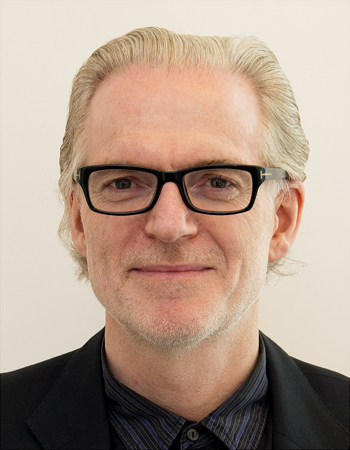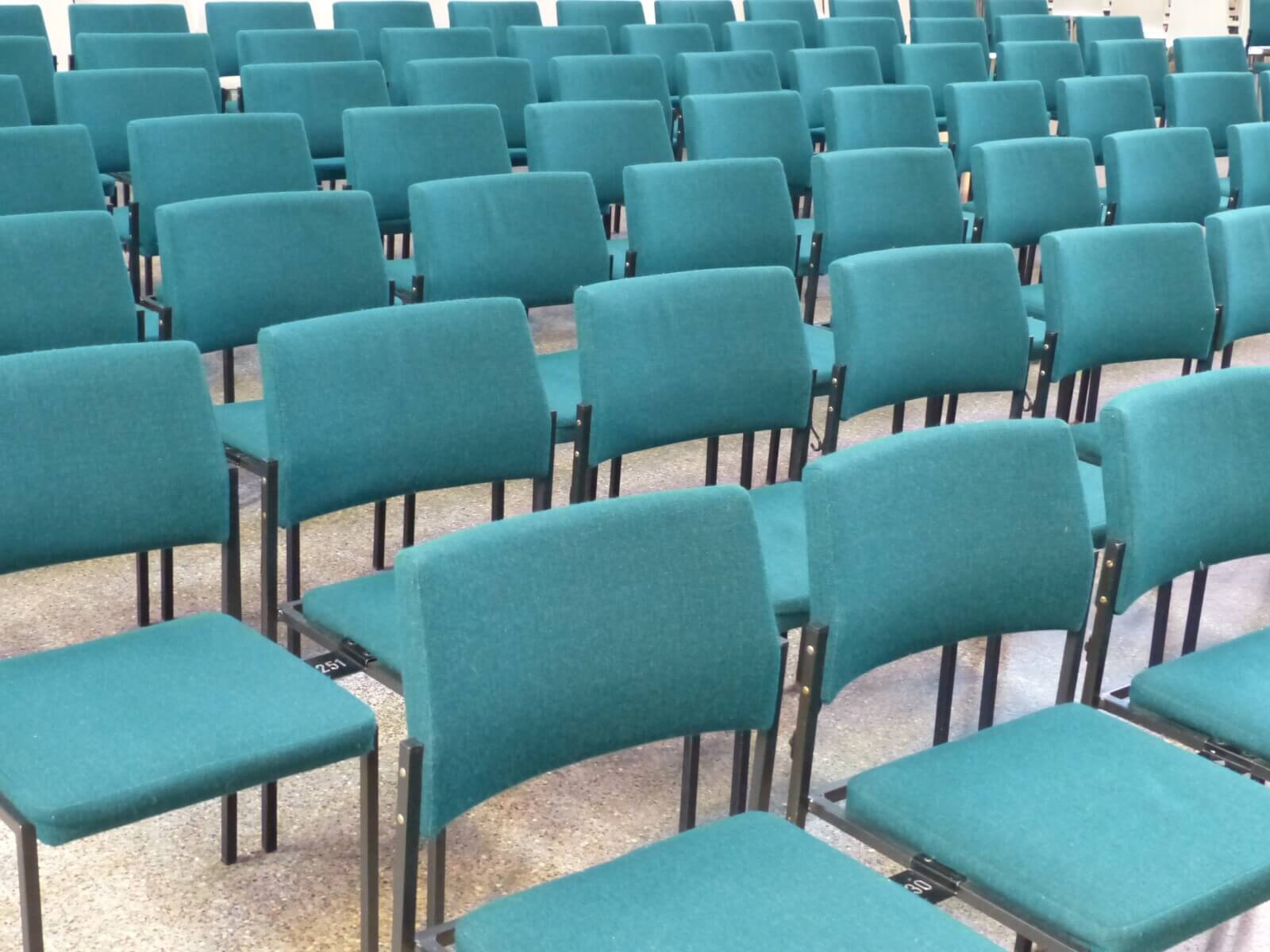 The Pearl River delta has been a vanguard for business develop- ment since the insti- gation of China’s Open Door policy in 1978. However the stimuli that were provided by the handover of Hong Kong and Macau to China in 1997 and 1999 respectively and the development of the Closer Economic Part- nership (CEP) have fallen short of its pro- ponents’ dream of an integrated and border- less world with free flows of business and corporate travellers.
The Pearl River delta has been a vanguard for business develop- ment since the insti- gation of China’s Open Door policy in 1978. However the stimuli that were provided by the handover of Hong Kong and Macau to China in 1997 and 1999 respectively and the development of the Closer Economic Part- nership (CEP) have fallen short of its pro- ponents’ dream of an integrated and border- less world with free flows of business and corporate travellers.
In practice, the border controls between the two SARs and mainland China continue to impede the flows of labour, capital and consumption in the services sector.
Fast forward 15-20 years and proponents are arguing that the forthcoming opening of the Hong Kong-Zhuhai-Macau bridge will accelerate open markets and consumer mobility. Will disappointment prevail once again? Sceptics view delays in the opening of key infrastructure projects such as Hong Kong’s Express Rail link as evidence that the boosters are over-optimistic. However, the prospects for liberalisation seem less fanciful this time around.
Imminent change is mounting for the business community from the supply side (tourism and property investment) and demand (corporate travel and MICE) side. Significant policy pronouncements from Beijing are coinciding with expanded hotel capacity and the completion of major infrastructure projects.
Macau’s hotel capacity is projected to grow by 40 per cent in the next two years. Finding the staff to fill the tens of thousands of vacancies and the consumers to fill the rooms will involve aggressive tactics across the Delta.
To date the predominance of gaming revenues has impeded Macau’s appeal as a corporate and MICE destination. However President Xi Jinping’s crackdown on corruption is prompting the Macau Government to accelerate economic diversification. The “big six” gaming licence-holders are joining in by turbo-powering their non-gaming provision, led by Lui Che-woo’s Galaxy. The imminent completion of the Studio City, Broadway and Parisian complexes will enhance Macau’s appeal for non-gaming entertainment.
Zhuhai’s Hengqin Island sits just a few hundred metres from Macau’s Galaxy complex across the Lotus Bridge. Occupying a landmass triple the size of Macau, Hengqin has been designated as a tourism and recreation precinct within the newly designated Guangdong Free Trade Zone. This has implications for the MICE sector. Zhuhai has already expressed its own bold ambition – to be China’s Orlando, thanks to plans for theme parks, hotels and non-gaming entertainment on Hengqin. This parallel is important for MICE and corporate travel. Orlando, Florida, has shown how a destination can use its theme park and leisure basis to build the convention and exhibition market.
Hotel industry leaders in Hong Kong remain sceptical of the direct impact of the Macau developments because of visa restrictions. But don’t expect the rigid arrangements for visas to endure.
I predict that the increasingly porous Macau-China border, large scale head-hunting by Macau’s mega employers, diversification away from gaming and increasing mobilities will quickly advance a belated Delta-wide expansion of MICE and corporate travel provision.
Brian King is professor and associate dean at the School of Hotel & Tourism Management, Hong Kong Polytechnic University


